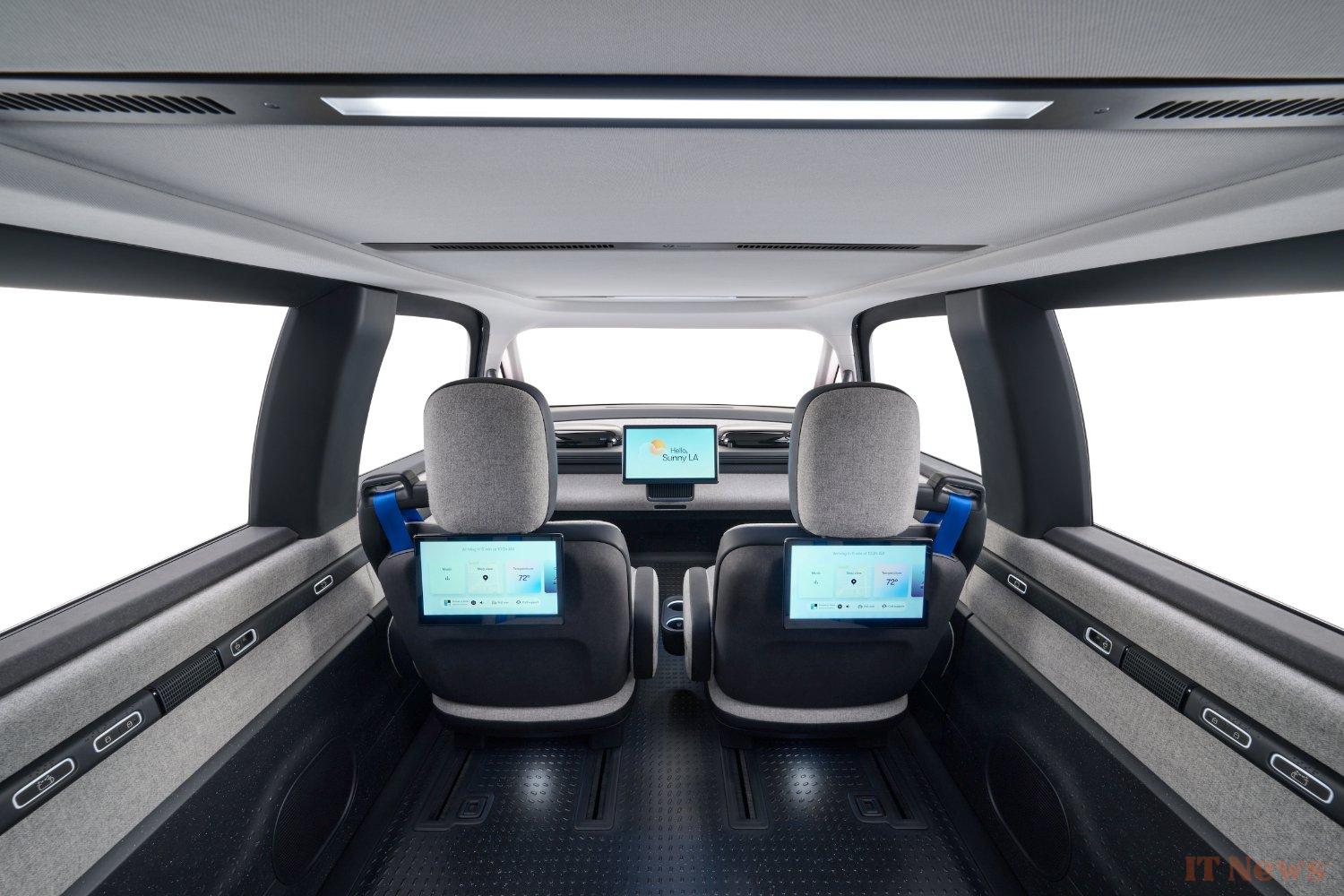The Waymo One app, dedicated to booking Waymo's self-driving taxis, will likely modify its terms of use. According to software researcher Jane Manchun Wong, the source code of the American app has reportedly incorporated a new charter, which has not yet been made public, incorporating a new option that is likely to generate buzz. It will allow Waymo to use the cameras on board its cars to train a new artificial intelligence model (designed by Google), developed to analyze passengers and understand their interests. A system that will ultimately serve to offer them targeted advertising.
The system is reminiscent of websites and apps, where users can be analyzed through their online behavior, providing a wealth of key information to determine what types of products or services they will be interested in. In a car, the only option to achieve the same result is to analyze passengers with onboard sensors, in this case, cameras. A particularly intrusive technique, but not necessarily more so than in the virtual world through a screen. Waymo still risks attracting criticism, and researcher Jane Manchun Wong has already pointed out that the option could be disabled by customers in California.
That said, not all US states have a privacy law. While California has the CCPA (California Consumer Privacy Act), it is up to Waymo to offer an option to all its passengers or not. Since Waymo's rides are already paid, running ads will only serve to increase the company's margin on each ride, or to be more competitive in the price of its reservations compared to its competitors (Tesla?). Waymo defends itself, declaring to Gizmodo that the primary objective of this new privacy policy is to train a model "to ensure safety, ensure vehicle cleanliness, find lost items, provide emergency assistance, verify compliance with rules on board, and improve products and services."
Waymo defends itself and changes its tune
The Google subsidiary dedicated to autonomous cars also declared to our American colleagues that there were no plans to use the recorded data for targeted advertising. However, the screenshot published by researcher Jane Manchun Wong had a completely different message: "Waymo may share data to improve and analyze its features and tailor its products, services, advertisements, and offers to your interests. You can opt out of sharing your information with third parties, except as necessary for the operation of the service," reads an article published by Tech Crunch. A rather clear message about the desire to use onboard cameras for targeted advertising.
To date in the United States, Waymo is the only autonomous driving company to generate revenue by selling robotaxis rides. Each week, more than 200,000 ride bookings are recorded, the Google subsidiary announced in February, thanks to a presence in Los Angeles, San Francisco, California, Phoenix, Arizona, and Austin, Texas. Expansions are planned, with Miami, Florida, and Washington, D.C., next year. A future launch in Atlanta, Georgia, is also expected, but the company has not announced a specific date for this.



0 Comments